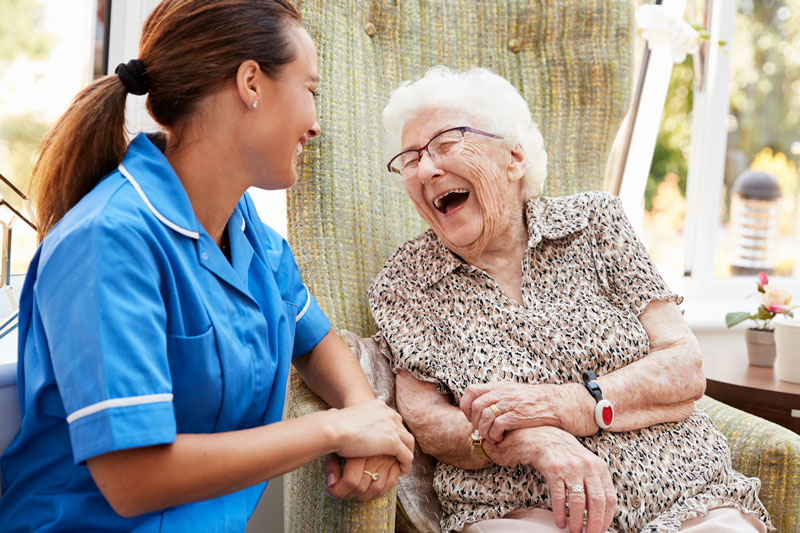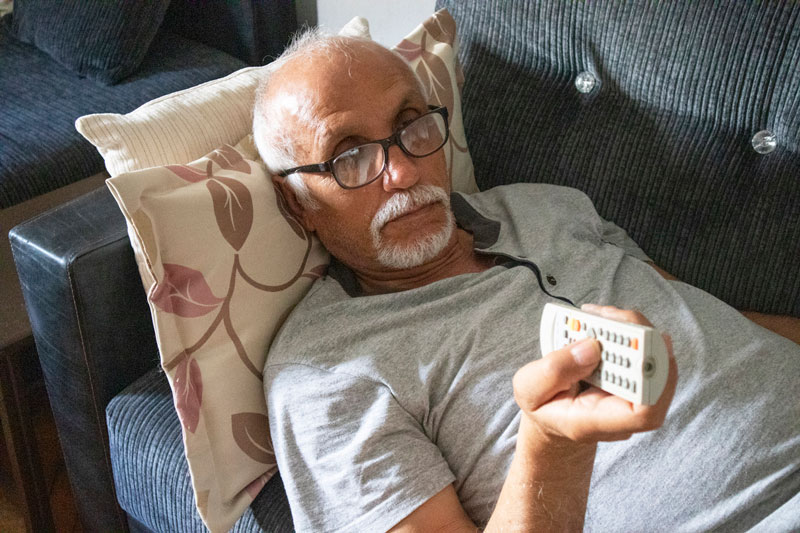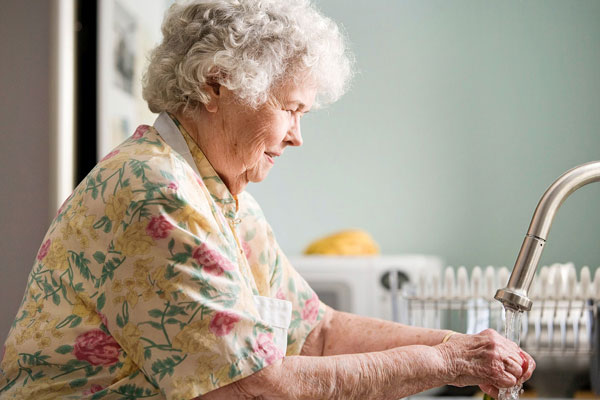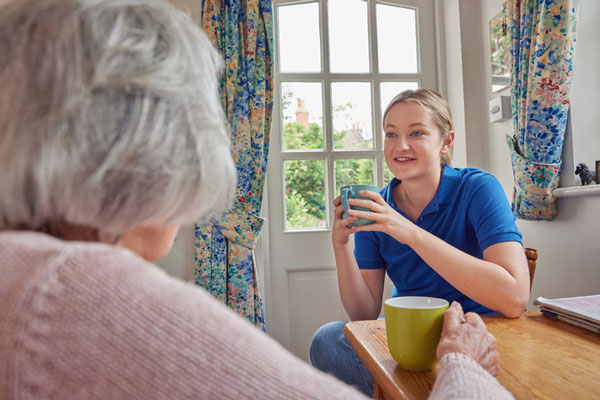
Going on vacation? Leave your loved ones in the care of trained professionals.
Did you make a resolution to make more “me” time in the New Year? If you’re caring for an elderly...
Continue Reading
Did you make a resolution to make more “me” time in the New Year? If you’re caring for an elderly...
Continue Reading
Alzheimer’s can make it difficult for your loved ones to recall names, dates, and other info that used to come...
Continue Reading
It feels good to laugh, whether your elderly family member is laughing uncontrollably or quietly giggling to themself, it does...
Continue Reading
It may be surprising, but did you know that seniors spend more time on their screens than any other leisure...
Continue Reading
Have you noticed that your senior loved one is forgetting to eat? Or is their once tidy house in the...
Continue Reading
An excellent option to give your loved one basic supervision, and companionship is to hire an in-home care provider. Your...
Continue Reading
Is the writing on the wall? It’s hard to admit that your aging loved one needs in-home care. In our...
Continue Reading
It’s easy to get confused when talking about in-home care vs. a nursing home while considering the best care options...
Continue Reading
Keeping older loved ones safe in their own homes is a growing concern for many families in Massachusetts. A study...
Continue Reading
Finding the right in-home caregiver for an elder loved one in Needham and the surrounding area is no small task,...
Continue Reading